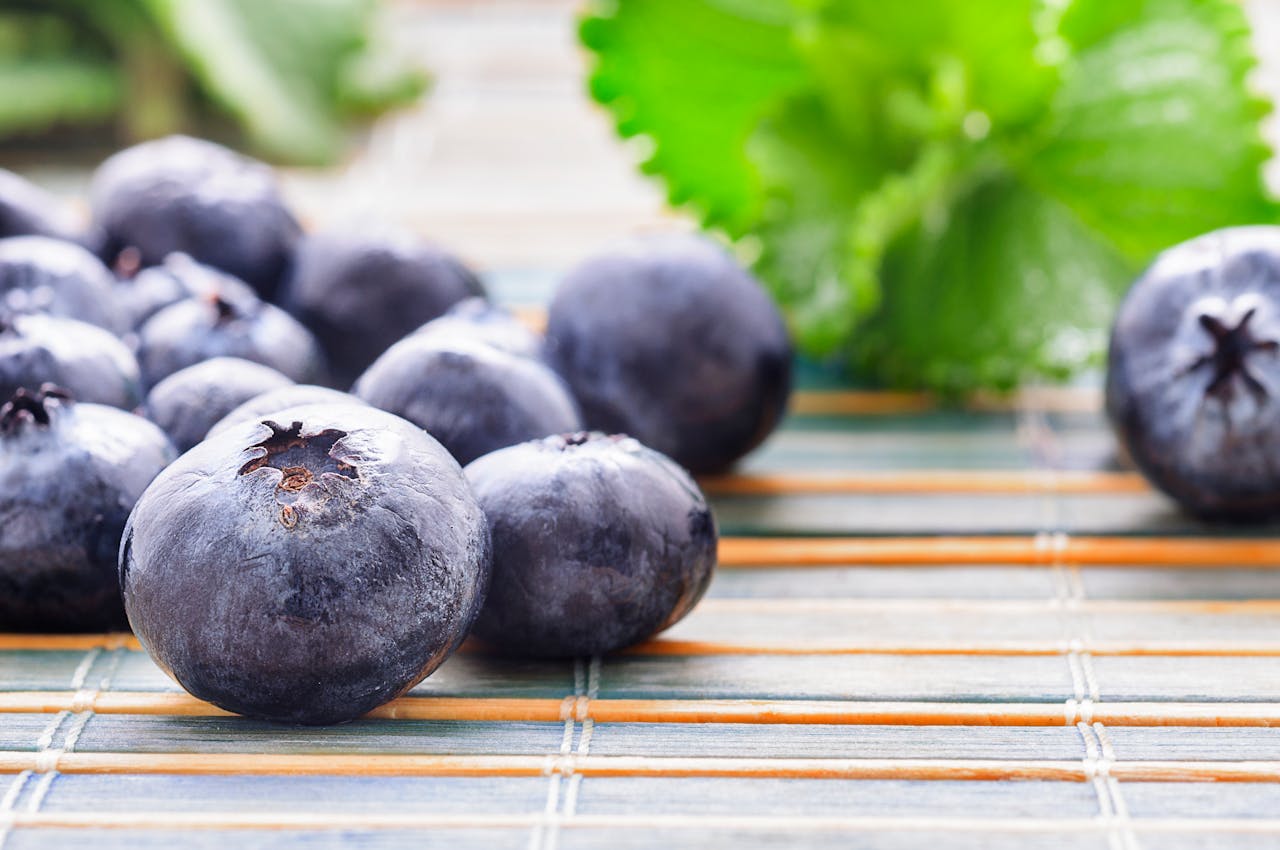The Power of a Good Night’s Sleep: How to Improve Your Rest Naturally
Sleep is essential for both physical and mental well-being. Yet, many people struggle to get enough quality rest. Chronic sleep deprivation can lead to a host of health problems, including weakened immunity, weight gain, and reduced mental clarity. In this article, we’ll explore how to improve your sleep naturally and wake up feeling refreshed every day.
Why Is Sleep So Important?
Sleep isn’t just about feeling rested; it plays a critical role in your body’s ability to heal, grow, and process information. During sleep, your brain organizes memories, your cells repair themselves, and your immune system strengthens. Without sufficient rest, these processes are disrupted, leading to long-term health issues.
Signs You’re Not Getting Enough Sleep
Do you experience any of these symptoms? If so, you may need to improve your sleep habits:
- Difficulty concentrating during the day.
- Feeling tired even after a full night in bed.
- Increased irritability or mood swings.
- Frequent illnesses or a weakened immune system.
Natural Ways to Improve Sleep Quality
Here are some proven strategies to enhance your sleep without relying on medication:
1. Create a Relaxing Bedtime Routine
Establishing a consistent routine signals your body that it’s time to wind down. Activities like reading a book, meditating, or taking a warm bath can help you relax.
2. Stick to a Sleep Schedule
Go to bed and wake up at the same time every day, even on weekends. This consistency regulates your body’s internal clock, making it easier to fall asleep and wake up naturally.
3. Optimize Your Sleep Environment
Your bedroom should be a sanctuary for rest. Ensure it is:
- Cool and well-ventilated.
- Dark, using blackout curtains if necessary.
- Quiet, with white noise machines or earplugs if needed.
- Free from distractions, such as electronics or clutter.
4. Limit Exposure to Blue Light
Blue light from screens can suppress melatonin production, making it harder to fall asleep. Avoid screens for at least an hour before bedtime, or use blue light filters on your devices.
5. Watch What You Eat and Drink
Heavy meals, caffeine, and alcohol close to bedtime can disrupt your sleep. Opt for light snacks and herbal teas, such as chamomile or valerian root, to promote relaxation.
6. Exercise Regularly
Physical activity helps regulate your sleep-wake cycle. Aim for at least 30 minutes of moderate exercise most days, but avoid vigorous workouts close to bedtime.
7. Manage Stress and Anxiety
Stress is a common sleep disruptor. Practice stress-relief techniques like deep breathing, yoga, or journaling to calm your mind before bed.
Foods That Help You Sleep Better
Certain foods contain sleep-promoting nutrients like magnesium and tryptophan. Include these in your evening meals:
- Bananas
- Almonds
- Kiwi
- Oatmeal
- Fatty fish like salmon
Track Your Sleep for Better Results
Use a sleep tracker or journal to monitor your habits and identify patterns. Note factors like your bedtime, wake time, and activities before sleep to find what works best for you.
Conclusion
Improving your sleep naturally takes time and consistency, but the benefits are worth it. By making small changes to your lifestyle and environment, you can enjoy restful nights and energized days. Remember, a good night’s sleep is the foundation of a healthy life.

